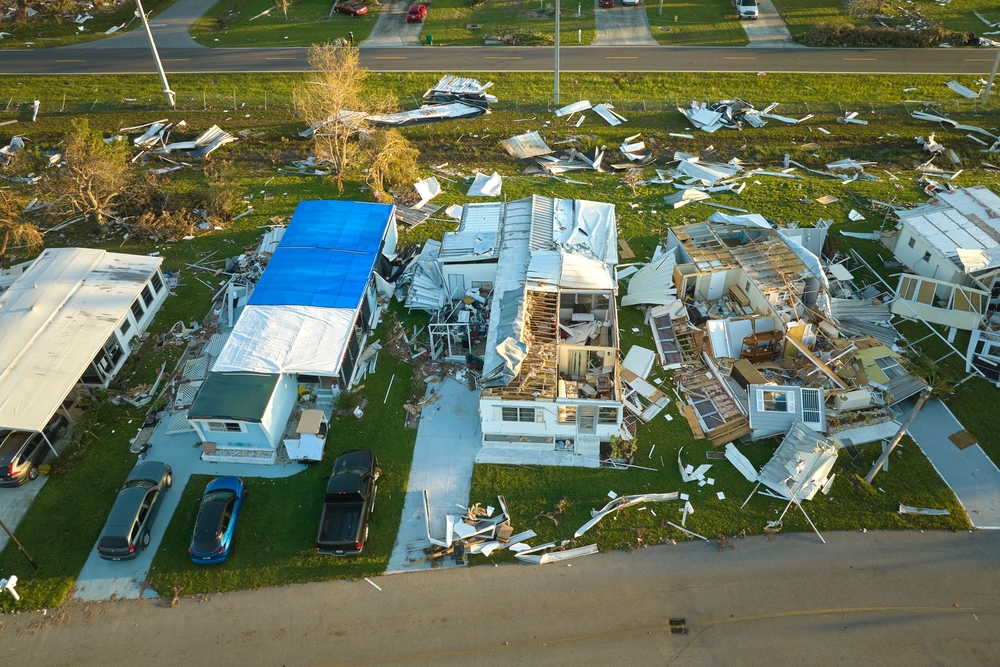Hearing loss stands as the second most common impairment globally, impacting over 466 million individuals worldwide. With such prevalence, it’s crucial to devote some attention to managing the risks associated with its development.
Various factors contribute to an individual’s susceptibility to hearing loss, some within their control and others not. Thus, understanding who is most at risk for hearing loss and exploring avenues to mitigate these risks becomes paramount.
What are the causes of hearing loss?
Assessing the risk of hearing loss necessitates an acknowledgment of the multifaceted nature of this condition. Whether stemming from noise exposure, ear infections, genetic predisposition, or other origins, the causes and types of hearing loss exhibit considerable diversity. Consequently, strategies for risk management will vary depending on the specific type of hearing loss in question.
Among the primary causes of hearing loss are:
- Infections or obstructions: Simple ear infections or compacted earwax can induce temporary hearing loss, often rectified once the underlying issue is appropriately addressed.
- Noise damage: Prolonged exposure to loud noises can inflict significant and irreversible damage to the ears, particularly affecting delicate hair cells responsible for sound perception. Damage to these cells leads to permanent hearing loss, with severity correlating to the extent of harm sustained.
- Trauma: Various forms of trauma to the ear or brain can cause hearing impairments. Examples include traumatic brain injuries contributing to tinnitus or ruptured eardrums resulting in hearing complications, underscoring the importance of injury prevention.
- Age: Evidence suggests that age-related processes may contribute to certain forms of hearing loss over time, though distinguishing between age-related and activity-induced hearing deterioration remains challenging.
A combination of these factors can contribute to hearing loss development, underscoring the complexity of risk assessment in this domain.
Who is at high-risk for hearing loss?
While everyone bears some degree of risk for hearing loss, certain groups face heightened susceptibility, including:
- Individuals with hereditary or genetic conditions: Genetic predispositions may render certain individuals more susceptible to hearing loss, particularly evident in children and infants. Moreover, adults exhibiting heightened sensitivity to noise damage may also contend with genetic predispositions.
- Occupational exposure to noise: Professions necessitating prolonged exposure to loud environments, such as manufacturing, construction, or entertainment settings, elevate the risk of hearing loss among workers.
- Recreational exposure to noise: Frequent exposure to damaging noise during leisure activities, such as attending concerts or listening to music at high volumes, increases the likelihood of hearing damage.
- Medication use: Certain medications, termed “ototoxic,” can induce hearing loss as a side effect, highlighting the importance of healthcare providers in navigating the risks and benefits associated with medication use.
Prevention and early intervention is key
Despite variations in individual risk profiles, all individuals are susceptible to hearing loss to some extent. Mitigating these risks necessitates proactive measures to safeguard hearing health and regular screenings for early detection and intervention.
While individuals at higher risk for hearing loss may not necessarily need to adopt additional protective measures, they must remain vigilant in their efforts. For instance, consistent use of hearing protection in noisy workplaces or during recreational activities can significantly reduce the risk of hearing damage.
Ultimately, regardless of one’s baseline risk, proactive steps can help minimize the likelihood of hearing loss and preserve auditory function for the future.
Find a hearing specialist near you to schedule a hearing test and discuss your personal risk.



